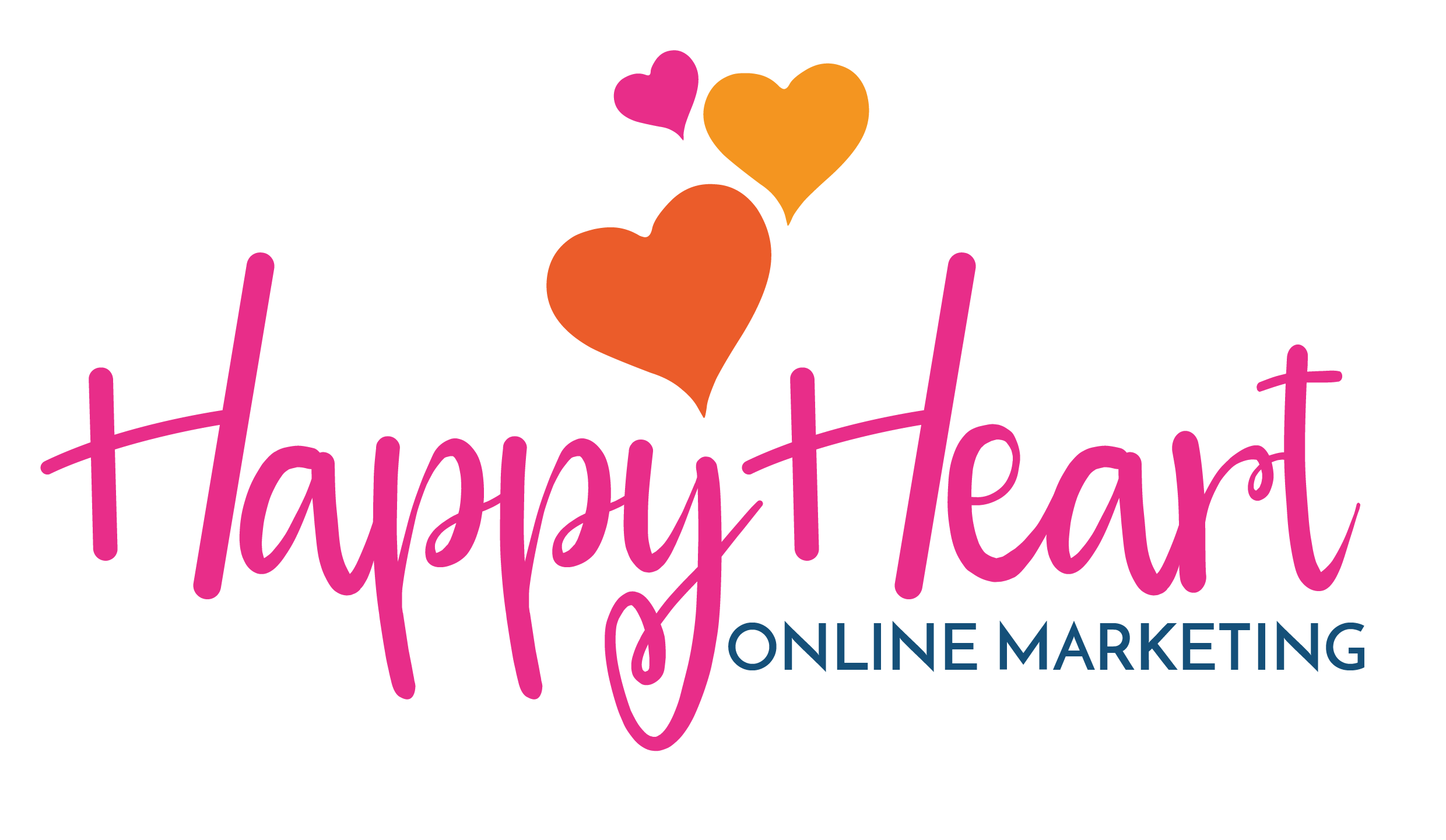Etiquette is no longer just for choosing the right fork at dinner parties or impressing your in-laws; if your business is communicating with customers using social media, then these tips should ensure that you mind your online manners and avoid social media faux-pas:
1. Tell the truth.
Fifty years ago, David Ogilvy, the father of modern advertising, offered the following advice: “Never write an advertisement which you wouldn’t want your family to read. You wouldn’t tell lies to your own wife. Don’t tell them to mine.” This is particularly important to remember when it comes to social media. If you use deceptive content to get people to your website, they’ll find out pretty quickly and it won’t benefit your business. Your business won’t benefit from deceptive content because people will see through the lies, perhaps after being dissatisfied by their purchase, and spread negative word-of-mouth.
2. Avoid controversial subjects like religion and politics.
Social media is a fantastic tool for businesses to humanise their brand and put a personal stamp on it with which people can connect. However, loaded subjects like religion and politics may offend and/or alienate some people, divide customers, and create the wrong kind of spotlight on your brand. It’s good to stimulate discussion, but choose your topics carefully.
3. Don’t fake it
Have you ever gazed enviously at the Facebook page of someone who recently launched a blog or business and attracted thousands of fans in just a short time? Well, if it looks too good to be true, the chances are it is. It is possible to buy fake Facebook fans and Twitter followers. Whilst these numbers may look good at first glance, it’s not hard to delve deeper and identify them as fake likes from fake accounts. Any chance of generating trust and respect for your brand will disappear with the discovery that your followers are fake. Purchasing fake fans is cheating, unethical and wrong, not to mention in direct violation with Facebook terms and conditions. Your business’s social media success depends on investing in real people and building real relationships. This takes time and investment but the results are worth it. It’s also important to be aware of bots on social media sites. These increasingly convincing automated online personas can be hard to spot.
4. Stay professional.
Following those two words will help you stay within ethical boundaries on social media. An easy way to guide the content you share is by asking yourself, “Would I say this during a client meeting or networking event?” In the event that you experience online bullying by competitors or trolls, this is particularly important. Whilst the natural reflex may be to lash out in retaliation, the best approach is to report, block or just ignore these individuals. We have recently experienced what we consider under-handed tactics from individuals tracking our social media sites to generate leads and contact clients through direct messaging. Whilst this is annoying and certainly not a practice we would condone, it’s important to stay poised and professional when dealing with these situations.
5. Don’t be a cocktail party bore
We’ve all been cornered at a cocktail party by that one person who can’t stop talking about him/herself. It becomes a countdown to the second when we can respectably excuse ourselves and find someone who has something interesting to say and who might actually be interested in what WE have to say. Building relationships online is similar in many ways to doing so face to face. It’s just as easy to bore people to tears with constant brand promotion, or to plonk yourself uninvited and unwelcome into somebody else’s conversation. The best approach is to assess Twitter as you would scan a room full of people: identify those whom you would like to stop by and have a drink with i.e. “engage” with, and be sure to listen to what they have to say. No one wants a drunken bore spilling over into conversations when it’s not appropriate!
If your brand can bring value to an online conversation, do so honestly, but if you’re just going to interrupt consumers’ conversations with brand advertising, stay silent.
6. Think before you post.
The Internet never forgets, and one tweet in the heat of the moment can go viral, exacerbating the situation. Always employ good judgment and common sense and only reply once you’ve taken time to think things through. Whatever you do, do not use your social media platforms to vent your frustration about a client or customer or to enter into an argument. You can lose a lot of business from one misguided tweet.
7. Share and share alike.
Facebook is synonymous with sharing, it’s what makes the social media world go round, so do share, like and comment on other business pages. But remember to do so only where it’s relevant, do not graffiti on pages or spam your links onto other business’s pages if it’s not appropriate!.
So, if your aim is to deliver ethical social media, give it some thought: consider the impact of your strategies, challenge your beliefs and stand up for what is right and not merely what is easy. Before you click “submit” to your next post, ask yourself if it is honest, transparent and ethical. That way, you should be able to deliver content which is of the highest possible standard and earn real engagement with content that actually engages, not with tricks or untruths.




